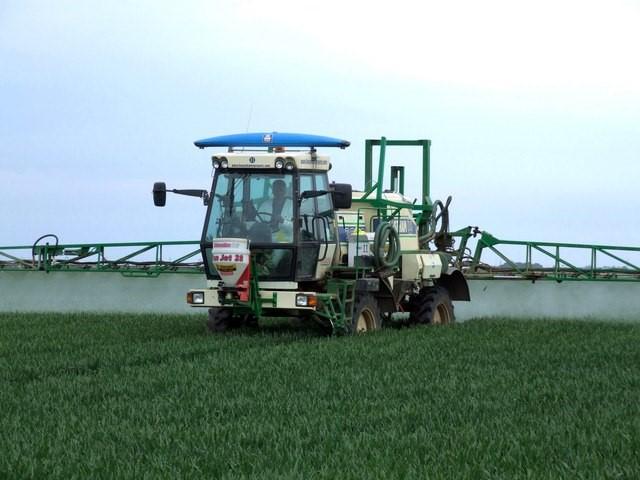Behind the headline: The link between non-Hodgkin lymphoma and weedkiller
Published on: 14 May 2019How strong is the evidence that Roundup® contributes to the development of non-Hodgkin lymphoma?

The BBC has today reported on the outcome of a US courtcase against pharmaceutical company Bayer, which makes the Roudup® brand of weedkiller. The jury in the case decided that Roundup® contributed to the development of non-Hodgkin lymphoma in a couple in their 70s. But how strong is the evidence and what is the risk?
The active ingredient in Roundup® is a chemical called glyphosphate. Glyphosphate has been used in weedkillers since 1974 and is found in many different brands. In 2015, the World Health Organization classed glyphosphate as ‘probably carcinogenic to humans’. This means there is evidence that glyphosphate can cause cancer in animal studies, and a scientific basis for how it might occur. However, the WHO found there was ‘limited evidence’ that it causes cancer in humans.
‘Limited evidence’ means that although an association between glyphosphate and cancer has been noted, other factors cannot be ruled out. An association means there is a relationship between two things (in this case, glyphosphate and cancer), but it does not necessarily mean that one factor causes the other. Other factors – or even pure chance – could be involved.
At this time, several very large scientific studies examining the association between lymphoma and pesticides have found very limited or no evidence at all to support a link between Roundup® and non-Hodgkin lymphoma.
Many factors have been associated with the development of non-Hodgkin lymphoma, such as older age, immune system problems, certain infections and some chemicals, including glyphosphate. These ‘risk factors’ are different for different types of non-Hodgkin lymphoma. It is difficult to determine exactly how important each risk factor is because there are often only a few people with each type of lymphoma exposed to each risk factor.
Glyphosphate exposure is one possible risk factor for non-Hodgkin lymphoma. The level of exposure that has been observed after crop-spraying is generally low. Farmworkers or people who live on farms may be slightly more likely to develop certain types of non-Hodgkin lymphoma, although this could be related to many different chemicals or viruses that might spread from animals.
For an average person, the risk of developing non-Hodgkin lymphoma is very low. Even with risk factors that increase your likelihood of developing lymphoma, the risk is usually still low.
14 May 2019
